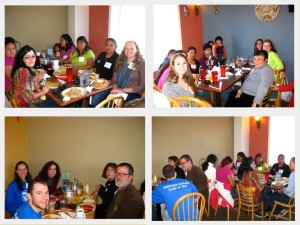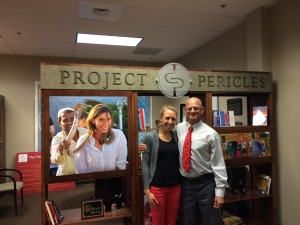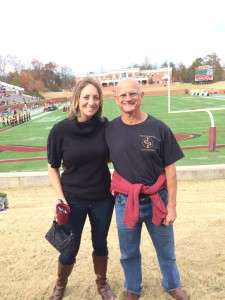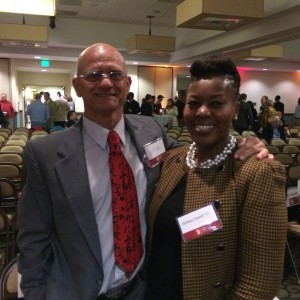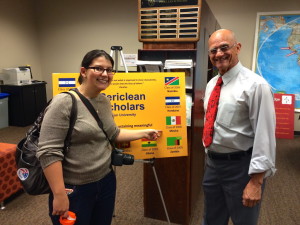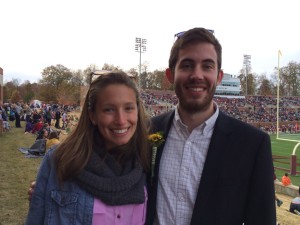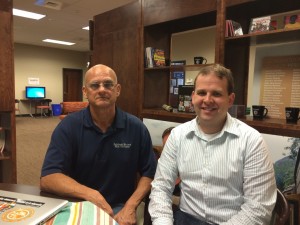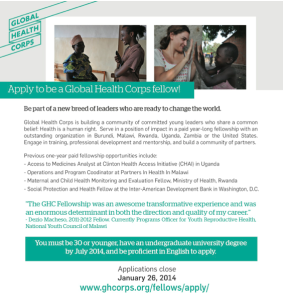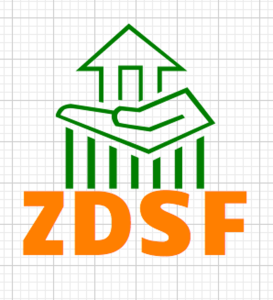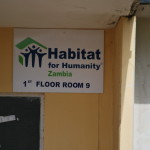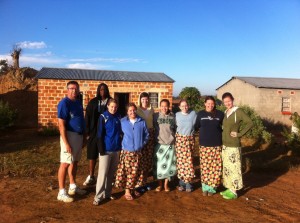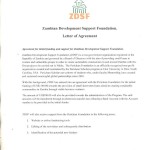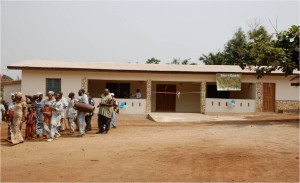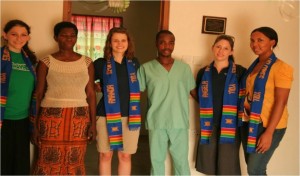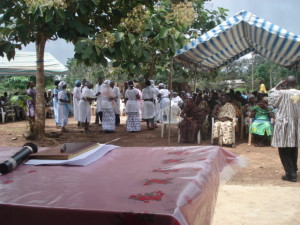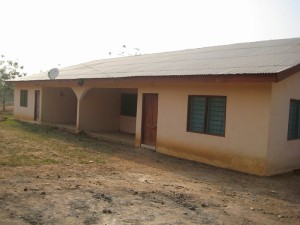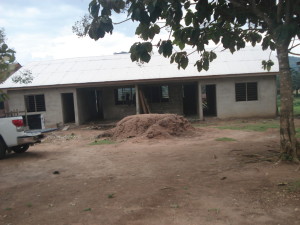We had one of our best classes yet today!
Chris Esters from the Office of Advancement came to talk to us about the the possibility of creating a sustainable scholarship for students from Restavek Freedom Foundation. We would raise enough funds to create an endowment so that it would be sustainable – theoretically – forever. To fund a full-ride for one student every four years (When one graduates, another is chosen), we would need raise about a million dollars. However we need to make other considerations that aren’t included in Elon’s projected $40,000 tuition + room/board, such as the usual social activities associated with Elon’s lifestyle. This idea provides an opportunity for a close relationship with the Office of Advancement, and we will continue to work with the Restavek Freedom Foundation to develop the idea as well as explore the idea of scholarships for Elon Academy.
Our second speaker of the day was Christine Lee Buccholz, Vice President of the Board for Restavek Freedom Foundation! She talked with us for quite a bit about her background, Restavek Freedom Foundation’s background, and the organization’s current projects. They’re doing a ton!
- They have about 700 children involved in their organization. They keep a detailed database of every single child and his or her progress, which is very unique.
- RFF has a scholarship program where students are funded to receive vocational training at an institution in the United States and then bring those skills back to Haiti (not unlike the scholarship programs we are exploring for Elon!)
- Twelve girls from abusive situations are in a transitional home in Port au Prince, and another home is being built in Port Salud. These homes offer education, counseling, even personal enterprise opportunities where the girls sell bracelets and use the profits for further education, usually in vocational fields.
- A community development center is also under construction in Port Salud that will be an educational facility for all ages. It will be a source of vocational training, it’ll have a computer lab and space for classes, etc.
- A series of conferences titled Courage and Compassion have been connecting community leaders (mostly pastors), including women, around the restavek discussion.
- They also organize “Songs for Freedom,” a singing competition for youth with a catch – their songs have to be about restavek. This is also very unique because there’s not very many places to perform in Haiti, so the competitors get doubly excited when they get to perform as well as sing about something greater than themselves! Through publication they have become inadvertent ambassadors for restavek
- Finally, the just began airing a radio serial drama. Using the Sabito Methodology for Entertainment, they hope to further alter the social outlook on restavek by having a character who is a restavek child. The listeners will become attached to the character and gradually shift their attitude towards this form of child slavery.
Wow! We had no idea that they were doing so much! It opens a lot of venues for partnership that we will be exploring. An immediate project is to sell the bracelets (if you would like to preorder one, let us know!). She also talked with us about traveling to Haiti, and it sounds like the RFF is going to be more accommodating than we could have ever imagined. They will provide ground transportation, local guides, translators, assist us in securing housing, etc. She made it sound like the application for a travel waiver will be extremely feasible! It was a great discussion that answered many of our questions and we’re so excited to continue the discussions and develop our sustainable projects.
Other announcements:
On the Friday, November 22nd from 4:30 to 6:30, an Awareness Walk will be outside of Moseley in the new outdoor pavilion. Be sure to stop by to take a walk through moving photographs that will give you a glimpse into what it would be like to be a victim of human trafficking. A panel will be at the end of the walk to facilitate discussion about the current human trafficking issues. You will also be able to pre-order bracelets made by the girls of Restavek Freedom Foundation!

 Follow
Follow
